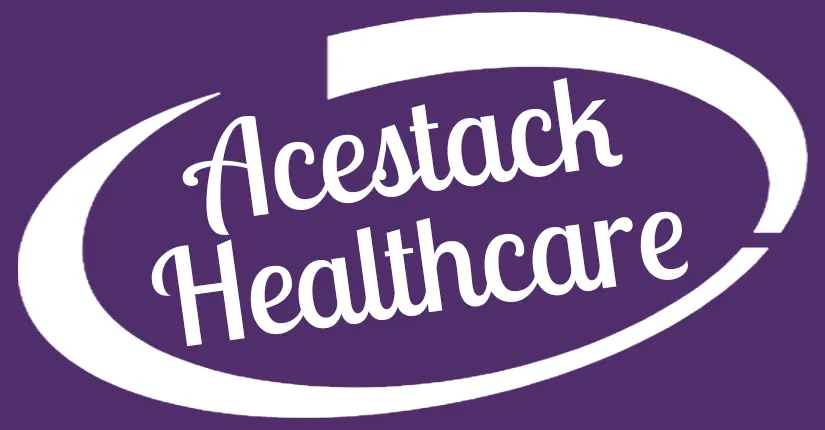
In today’s digital age, the security and privacy of patient health data have become paramount. As healthcare systems increasingly transition to electronic health records and telemedicine, ensuring the confidentiality and protection of sensitive patient information is essential. In this blog, we will explore the importance of security and privacy in patient health data and discuss measures that healthcare organizations can take to safeguard this valuable information.
Patient health data contains highly sensitive information, including personal identifiers, medical history, and treatment plans. Maintaining the security of this data is crucial to protect patient privacy, prevent identity theft, and ensure the integrity of healthcare systems. Breaches in patient data security can have severe consequences, eroding patient trust and potentially leading to legal and financial ramifications for healthcare organizations.
Healthcare organizations must adhere to stringent regulatory frameworks designed to protect patient health data. The Health Insurance Portability and Accountability Act (HIPAA) in the United States, for example, establishes standards for data privacy and security. Compliance with such regulations is crucial, requiring organizations to implement safeguards, conduct risk assessments, and provide ongoing staff training to maintain patient data security.
Implementing strong data encryption methods and access controls is fundamental to ensuring the security and privacy of patient health data. Encryption converts data into unreadable formats, making it indecipherable to unauthorized individuals. Access controls, such as multi-factor authentication and role-based access, limit data accessibility only to authorized personnel, reducing the risk of data breaches and unauthorized disclosures.
Healthcare organizations should invest in robust IT infrastructure and network security measures to protect patient health data. This includes firewalls, intrusion detection systems, and regular security assessments to identify vulnerabilities and address them promptly. Implementing secure data storage solutions, such as encrypted databases and cloud services with stringent security protocols, can also enhance data protection.
Human error remains one of the leading causes of data breaches. Healthcare organizations must prioritize employee education and training on data security best practices. This includes promoting password hygiene, raising awareness of phishing and social engineering threats, and emphasizing the importance of handling patient data with utmost care and confidentiality. Regular training sessions and ongoing reminders can help instill a culture of data security within the organization.
Despite preventive measures, healthcare organizations should have robust incident response and breach management protocols in place. Prompt detection, containment, and notification of data breaches are critical to mitigating potential harm. Organizations must have clear procedures for reporting and responding to breaches, including the involvement of legal counsel, communication with affected individuals, and cooperation with regulatory authorities.
Respecting patient autonomy and privacy rights should be at the forefront of data security practices. Healthcare organizations should be transparent about their data security measures, informing patients about data collection, storage, and sharing practices. Obtaining informed consent for data use and ensuring patients have control over their data can enhance trust and foster a patient-centric approach to data security.
In an era of rapid digital transformation in healthcare, protecting the security and privacy of patient health data is of utmost importance. Healthcare organizations must prioritize the implementation of robust security measures, comply with regulatory frameworks, and prioritize employee education to safeguard patient data. By maintaining the confidentiality and trustworthiness of patient health data, healthcare organizations can ensure the well-being of their patients and preserve the integrity of healthcare systems in the current world.
® 2024 All Rights Reserved.